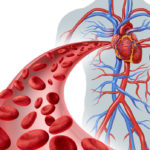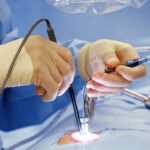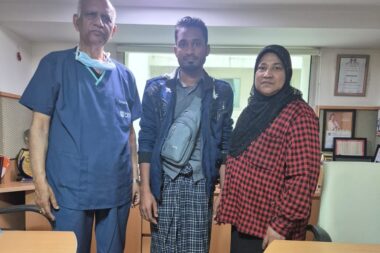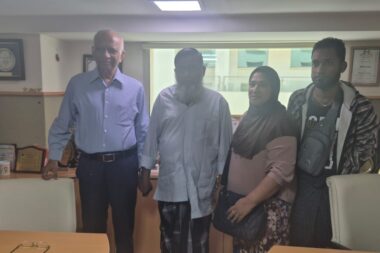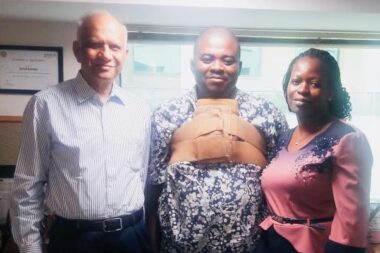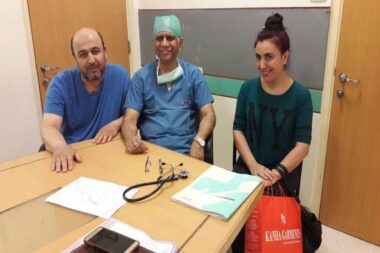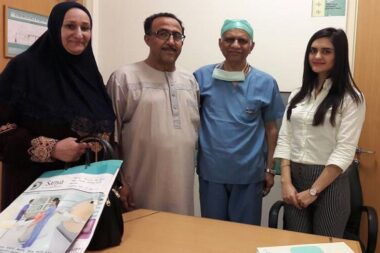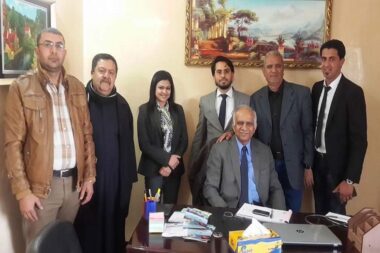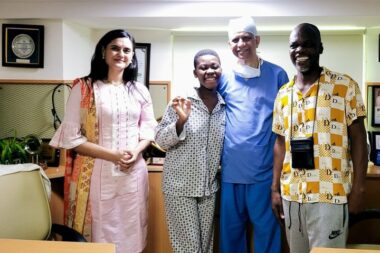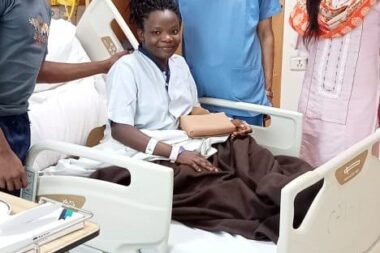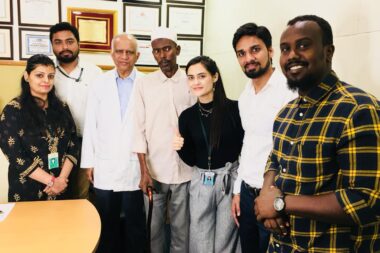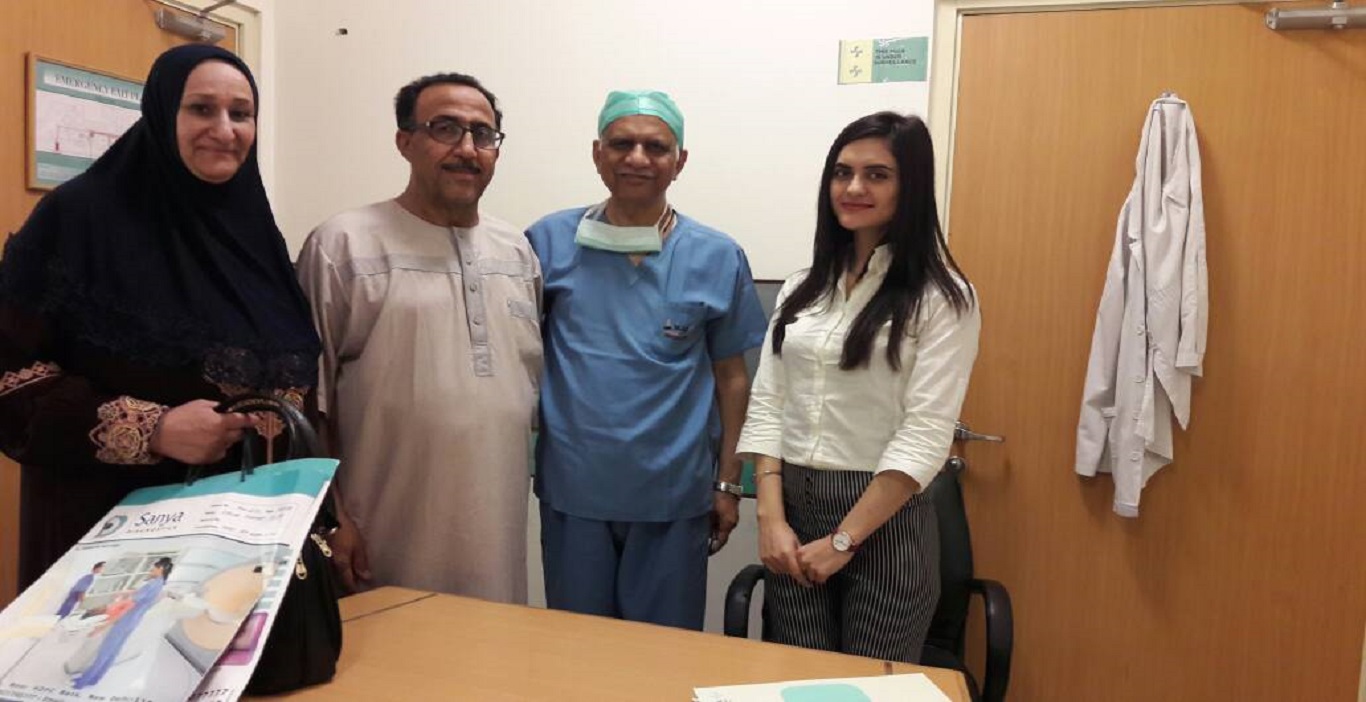Dr. S. K. Sinha – Expert Heart Surgeon in Delhi with 36+ Years of Experience
Dr. S. K. Sinha is a heart surgeon in Delhi, currently serving as the Senior Director at Max Super Specialty Hospital, Saket. He has a special interest in minimal access surgeries for ASD, MVR, AVR, LA myxomas, aortic dissection, aneurysms, bullet and stab injuries to great vessels, and operating on aortic aneurysms. Additionally, he manages the Minimally Invasive Program and performs Total Arterial Grafts for CABG on a beating heart.
With his expertise, Dr. Sinha is regarded as the best cardiac surgeon in Delhi and continues offering his patients state-of-the-art care.
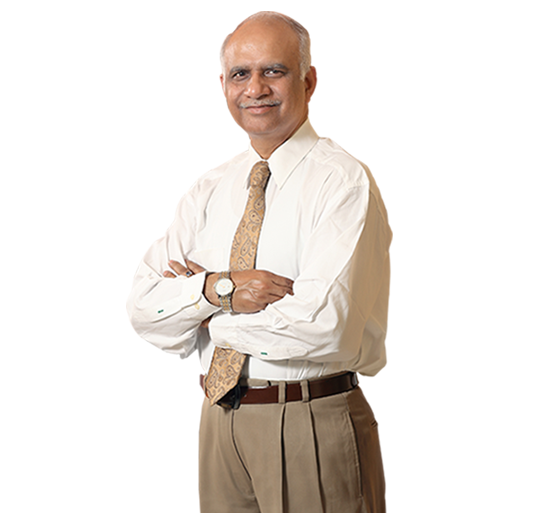
Years of Experience
Heart Surgeries
Minimal Access Cardiac Surgery
Why is Dr S. K. Sinha a Trusted Heart Surgeon in Delhi?
Dr. Sinha’s extensive experience and specialization in heart surgeries, such as coronary artery bypass, valvular heart surgery and aortic aneurysm surgery, make him a leading figure in this field. As a trusted cardiac surgeon in Delhi, he provides patients with cutting-edge treatments to improve heart health.

FAQs for Minimal Access Heart Surgery
A. Valve repair or replacement is required when one or more valves become too narrow (stenosis) or leaky (regurgitation). Common symptoms include breathlessness, fatigue, and swelling. Consulting the best cardiac surgeon in Delhi can help diagnose and treat the issue promptly.
A. Valve repair maintains your natural valve and is preferred when possible. Replacement involves using a mechanical or tissue valve. A skilled heart surgeon in Delhi will recommend the most suitable option based on your condition.
A. Mechanical valves can last a lifetime but require lifelong blood thinners. Tissue valves typically last 10–15 years and may not need long-term anticoagulation. Your cardiac surgeon in Delhi will help decide which option best suits your age and lifestyle.
A. Symptoms such as breathlessness, chest pain, palpitations, fatigue, or leg swelling may indicate valve dysfunction. Early diagnosis by the best cardiac surgeon in Delhi is crucial for successful outcomes.
A. Most patients recover within 6–8 weeks with the support of cardiac rehabilitation, medication, and regular follow-ups. Partnering with a heart surgeon in Delhi ensures a smoother and safer recovery process.
A. Minimal Access Heart Surgery (also called Minimally Invasive Cardiac Surgery) is performed through small incisions, avoiding the large chest cut of traditional open-heart surgery. It offers quicker recovery, less pain, and smaller scars.
A. Unlike conventional surgery that requires splitting the breastbone (sternotomy), minimal access techniques use keyhole or side-chest incisions, resulting in faster recovery, reduced infection risk, and cosmetic benefits.
A. Most commonly, Coronary Artery Bypass Grafting (CABG) and heart valve surgeries (aortic, mitral, tricuspid repair/replacement) can be performed using minimally invasive approaches, depending on the patient’s condition.
A. Eligibility depends on factors like number of blocked arteries, valve disease type, previous surgeries, age, overall health, and heart function. A detailed evaluation and imaging studies help determine suitability.
- Less pain & blood loss
- Smaller scar & better cosmetic outcome
- Shorter hospital stay
- Faster return to normal activities
- Lower infection risk compared to traditional open surgery
A. All heart surgeries carry some risks, including bleeding, arrhythmia, stroke, or infection. However, minimal access approaches aim to reduce these risks while ensuring the same surgical outcomes as open surgery.
A. Most patients are discharged within 4–6 days after surgery. Many return to light activities within 2–3 weeks, compared to 6–8 weeks for traditional open-heart surgery.
A. It depends. Minimal Access CABG can sometimes be done “off-pump” (without heart-lung machine), while valve surgeries usually require it. The surgeon will choose the safest approach for your case.
A. A heart-healthy lifestyle is crucial:
- Balanced diet low in salt and fat
- Regular, supervised exercise
- Strict control of diabetes, blood pressure, and cholesterol
- Avoid smoking & excessive alcohol
A.When performed by experienced surgeons, outcomes of minimally invasive CABG and valve surgery are equal to, or in some cases better than, traditional open-heart surgery, with added benefits of quicker recovery and improved patient comfort.
A. The cost varies depending on the city, hospital, type of procedure (CABG or valve surgery), and patient condition. On average, minimally invasive heart surgery in India may cost ₹3.5 lakh – ₹7 lakh, which is often comparable to traditional surgery but with quicker recovery benefits.
A. Leading cardiac centres in metro cities like Delhi, Mumbai, Bangalore, Chennai, and Hyderabad provide minimal access cardiac surgery. Many heart surgeons trained in advanced techniques now offer this procedure in Tier-2 cities as well.
A. Success rates are very high when performed by experienced heart surgeons—over 95% in most cases. Long-term outcomes are comparable to traditional surgery, with added advantages of smaller scars and quicker return to daily life.
A. Yes, for suitable patients, minimally invasive CABG and valve surgery are considered as safe as open surgery, with additional benefits like reduced pain, lower infection risk, and faster healing.
A. Most patients stay for 4–6 days, which is shorter compared to 7–10 days in traditional open-heart surgery. ICU stay is usually just 1–2 days.
A.Yes, many elderly patients can safely undergo this procedure, provided their overall health is stable. Minimally invasive techniques are particularly helpful for older patients as they involve less trauma and faster recovery.
